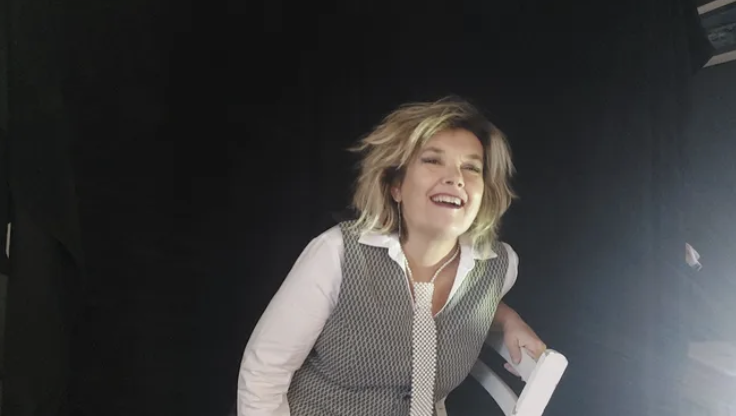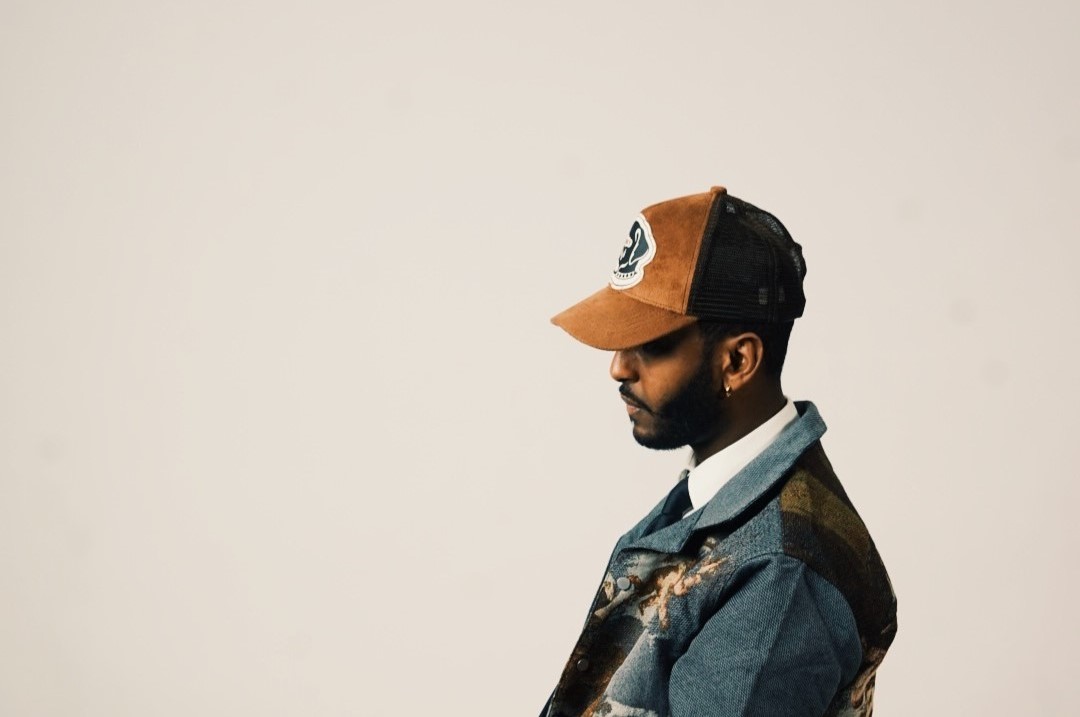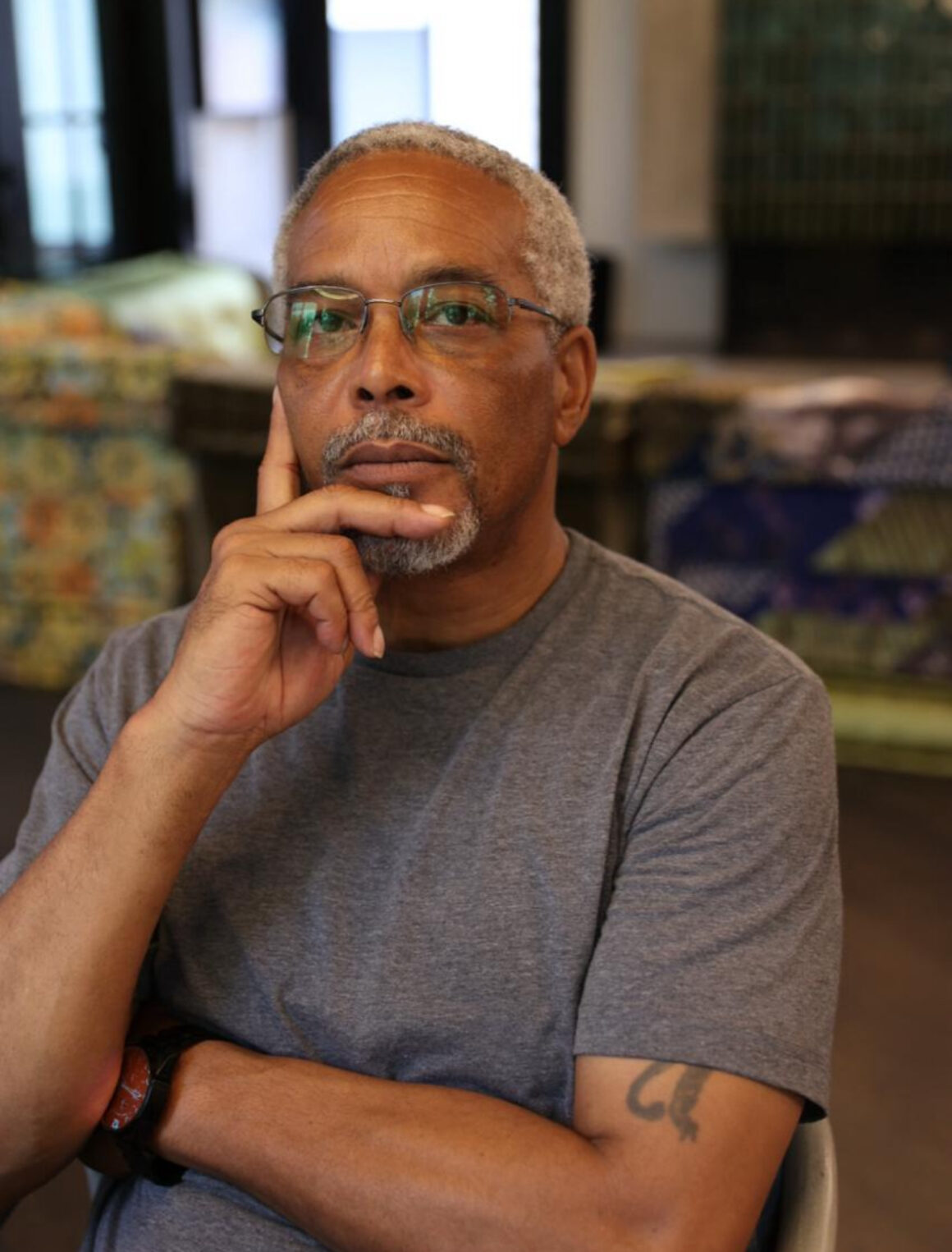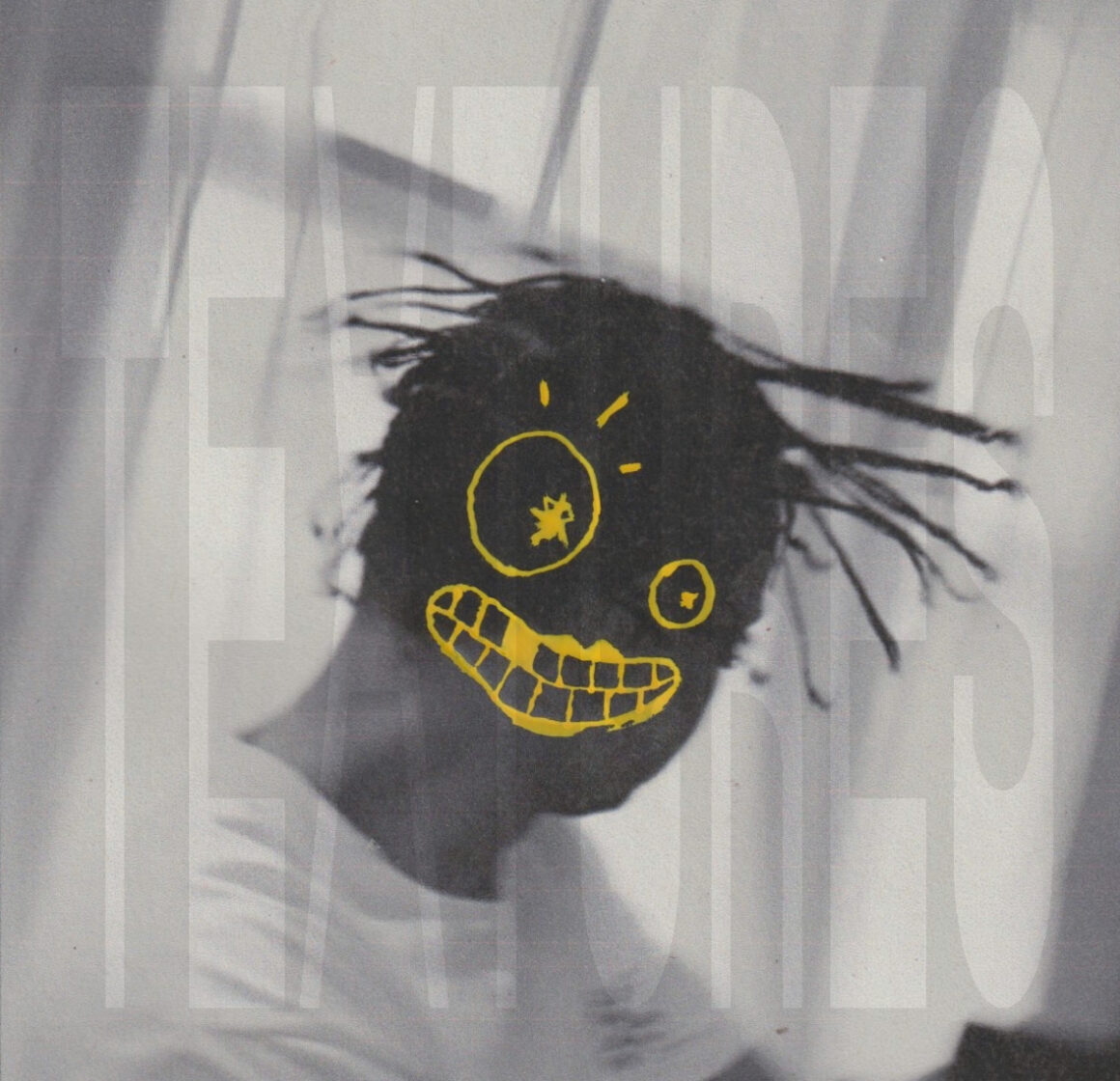With his latest single Red Eyes, Quicche continues to redefine the boundaries of indietronica, blending electronic textures with indie-driven melodies. As the third and final single from his forthcoming debut album Frisia, Red Eyes takes a bold step away from the album’s folk-inspired roots, incorporating UK garage influences and intricate sound design. Crafted during a month-long retreat in Northern Germany, the track carries an unmistakable emotional depth, shaped by the isolation and surreal landscape of East Frisia.
In this interview, Quicche—also known as Marc—shares insights into his creative process, the evolution of his sound, and the artistic freedom he has embraced with Frisia. He reflects on the impact of solitude on his songwriting, his growing love for electronic music, and his vision for the future, including potential collaborations and upcoming live performances. Read on as we dive into the mind of an artist who is carving out a truly unique space in the modern indie-electronic landscape.
RM: First of all, who is Quicche?
Quicche is Marc and Marc is Quicche.
RM: “Red Eyes” is the third single from Frisia—how does this track fit into the larger vision of your upcoming album?
Quicche: I wanted to free myself from any genre categorisations and I think the single Red Eyes stands for that – the other songs mostly still have a connection to my folk roots, even if it’s only a small one in some cases. Red Eyes on the other hand clearly says: Everything is allowed!
I’ve also written a lot of quiet and melancholic songs over the last few years and I just felt the need to explore a different side and write music that could even be played in a club.

RM: Red Eyes introduces danceable garage rock elements, breaking away from the album’s folk-inspired roots. What inspired this stylistic shift?
Quicche: I don’t think garage rock is quite right. You probably refer to UK garage and I would agree with you in that case. I got to know and love the music of Burial a while ago and then got into other garage music, two-step, etc. I love the complexity of the sound design, especially in the drums, and the mix of ultra-modern and well-thought-out production with some extremely raw sounds.
In the end I just wanted to make a song that went in that direction.
RM: You crafted Red Eyes during a retreat in Northern Germany, in near isolation. How did that environment influence the track’s sound and emotional depth?
Quicche: I think that although the song is very upbeat and almost danceable, it carries a deep melancholy.
I feel this melancholy in East Frisia as well, at least in winter. Often everything is shrouded in a thick curtain of fog, there are only a few people on the streets and the trees and grasses are covered in a thin layer of ice – it’s really surreal, beautiful, but also deeply melancholic. Isolation, of course, continued to support this feeling. When you spend a lot of time alone, you have a lot of time to think and to deal with issues that you may have ignored or pushed away in the hustle and bustle of everyday life – this was definitely the case with Red Eyes!
RM: What was the production process like for Red Eyes? Did the limited equipment challenge or enhance your creativity?
Quicche: I think it has definitely increased my creativity although it was a challenge for sure ! The endless possibilities of software (instruments) or a huge collection of hardware sound great at first, but it’s so easy to get lost in them. For myself, I have found that the limitations simply force me to get more involved with my equipment.
For Red Eyes, for example, I needed an 808 bass. Rather than quickly picking a preset, I tried to recreate that bass on the one synth I had with me and tweaked it until it was exactly what I had in mind.

RM: You’ve described the lyrics of Red Eyes as a direct challenge to negative influences. What personal experiences or emotions fueled the songwriting?
Quicche: That’s right – although I would go a little further now.
On the one hand, it’s a challenge for people who take out their negative emotions on other people. People who have different views or ideas, which is totally fine, but who rule out any possibility of dialogue and instead resort to insults and put-downs.
However, I think it’s too easy to look for ‘blame’ only on the outside. I have to look at myself as well and try to understand why I put so much weight on the opinions of others and why my mental wellbeing depends on the validation of others.
RM: How does Frisia reflect your artistic evolution compared to your earlier work?
Quicche: I think that Frisia has definitely ushered in a new era in terms of my artistic freedom. I have tried to free myself from outside influences and only do what I really want to do, without exception. Of course, the album has become very eclectic as a result, but it is also a very accurate reflection of my emotions – because they are also very diverse.
Of course, through Frisia and the resulting collaboration with R&S Records, I also got to know new styles of music and fell more and more in love with electronic music in particular – I can imagine that my future music will be influenced by this.
RM: The album title, Frisia, suggests a connection to a place or theme. What does it represent for you?
Quicche: After the album was finished, I realised that it had to have this name. In the end, the place where it was written played a huge part in the final sound and I didn’t want to hide this fact, but rather emphasize it by naming the place in the album title.
RM: You’ve carved out a unique space in indietronica. How do you see yourself fitting into the evolving indie and electronic music landscape?
Quicche: I hope to be part of a new generation of electronic music in my own unique way. Music that makes you dance, laugh, and cry at the same time. Where the production and the mood are the protagonists, but the lyrics carry not only a melody but also a personal, poetic message. Ultimately, I want to combine my past in folk and indie songwriting with the production and complexity of electronic music.
RM: Are there any dream collaborations—artists or producers—that you’d love to work with in the future?
Quicche: I would love to produce a song with Jack Antonoff and Rick Rubin. I’m not even sure we’d get along musically or in terms of production techniques, but I love thinking philosophically about music, art, and creativity, and I feel like Antonoff and Rubin share that interest.
RM: With Frisia on the horizon, what’s next for you? Can fans expect live performances or more singles leading up to the release?
Quicche: Red Eyes will be the last single before the album. Some live dates have already been set and will be announced in the coming weeks. However, we are currently also working hard on getting more live dates, so in the best case, I will be on the road a lot in 2025.
Apart from that, I’m already working on the second album, which will probably be called ‘Lognia’ and, as the title suggests, has a certain connection to ‘Frisia’.
As Frisia nears its release, Red Eyes stands as a powerful testament to Quicche’s artistic evolution—melding raw emotion with intricate production and breaking free from traditional genre boundaries. With a growing passion for electronic music and a deep-rooted storytelling approach, Quicche is shaping a sound that is as thought-provoking as it is immersive.






